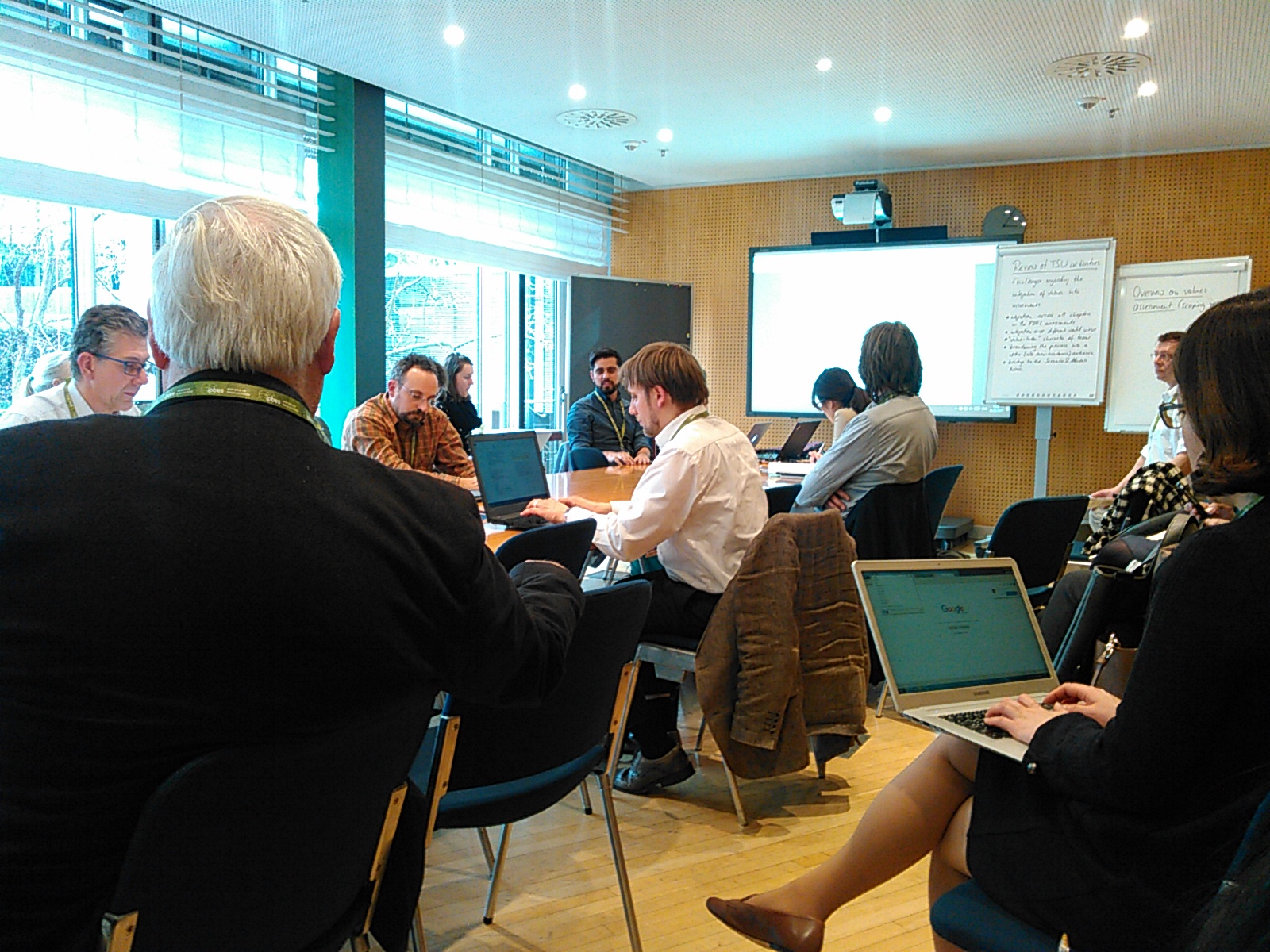In addition to the IPBES assessments currently underway, three assessments from the first Work Programme are still pending:
- A values assessment
- An assessment of invasive species
- An assessment of sustainable use of wild species.
Each of these assessments would cost approximately $1 million USD and take three years to complete.
Numerous countries, including Mexico, Colombia, and the Africa Group have stressed the critical importance of these new projects and their immediate implementation in 2017. However, not all countries agree on which thematic area should be prioritized. Several countries, including Japan, Sweden and China see the values assessment as being critical for direction of future policy. The Africa Group and the CITES secretariat highlighted the importance of the assessment of the sustainable use of wild species.
Other nations, however, noted the great limitations on financial and human resources, and argued that beginning the pending assessments before the current assessments have been completed would not be prudent or advisable. Among these countries were Germany, the United States, and New Zealand. Several countries also pointed out that it may be worthwhile to wait for the results of the regional assessments so that these can be used in scoping the pending assessments. Norway suggested that this may result in more targeted assessment and prevent duplication of work.

Contact groups on budget and the pending assessments will meet this afternoon. The assessments group will have to discuss whether any of the pending assessments should start–if so, which one and when. The two contact groups will also have to meet with one another to determine how any further assessments can be funded.
Owing to the diverse views on all of these issues, discussions are likely to be lively. The Chair Sir Robert Walton noted that parties should be polite and friendly with one another.








